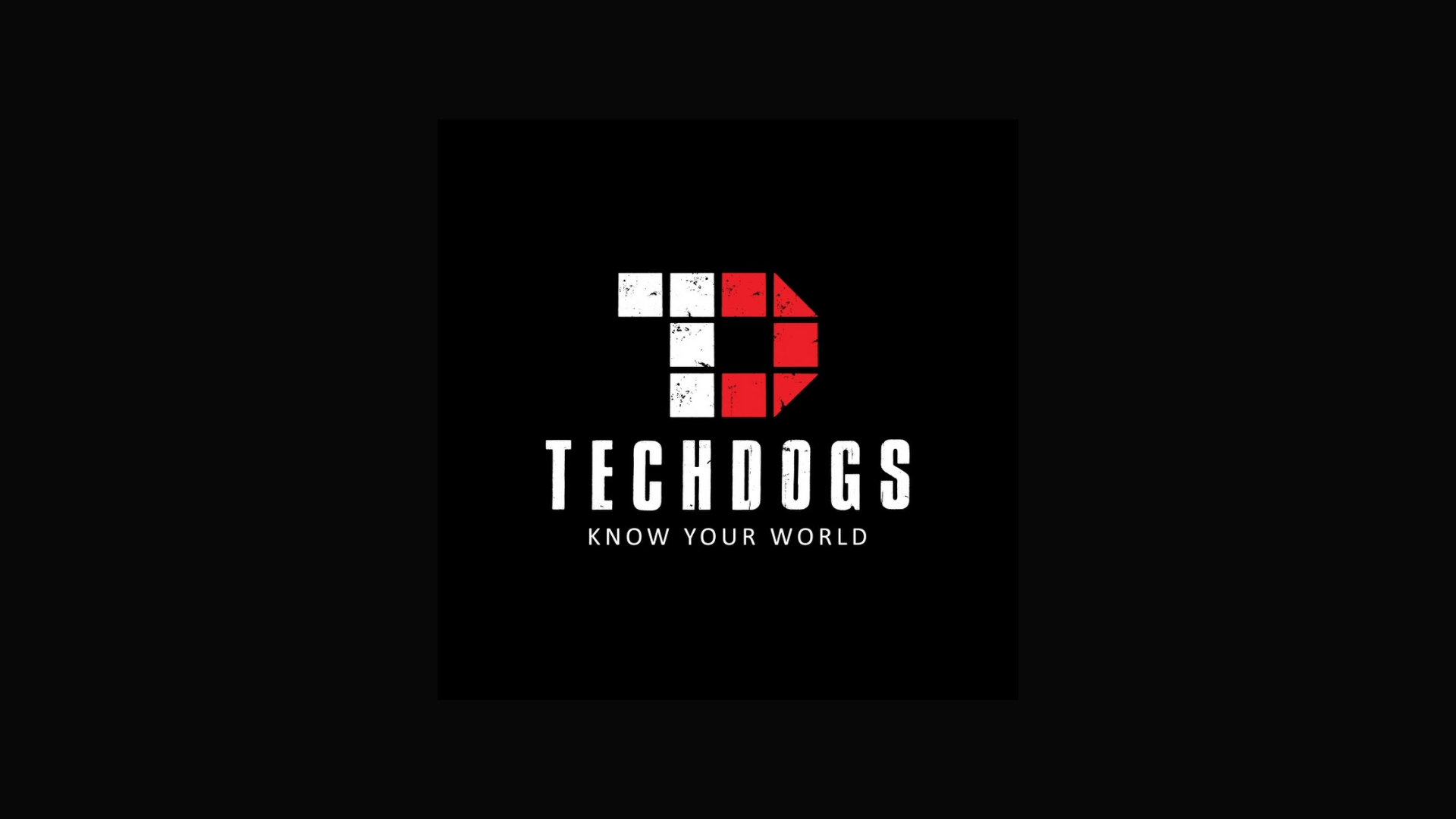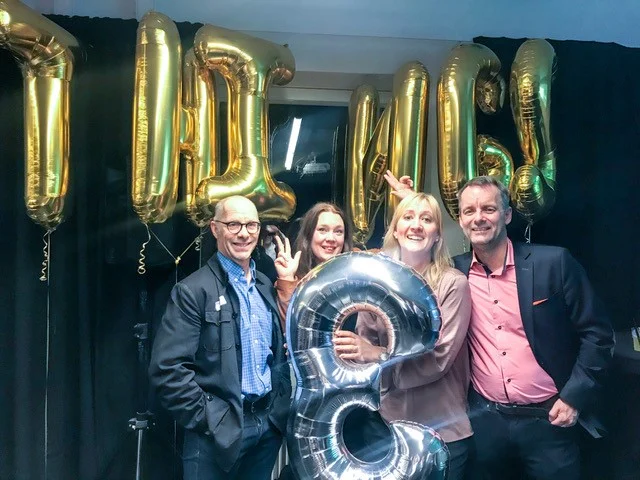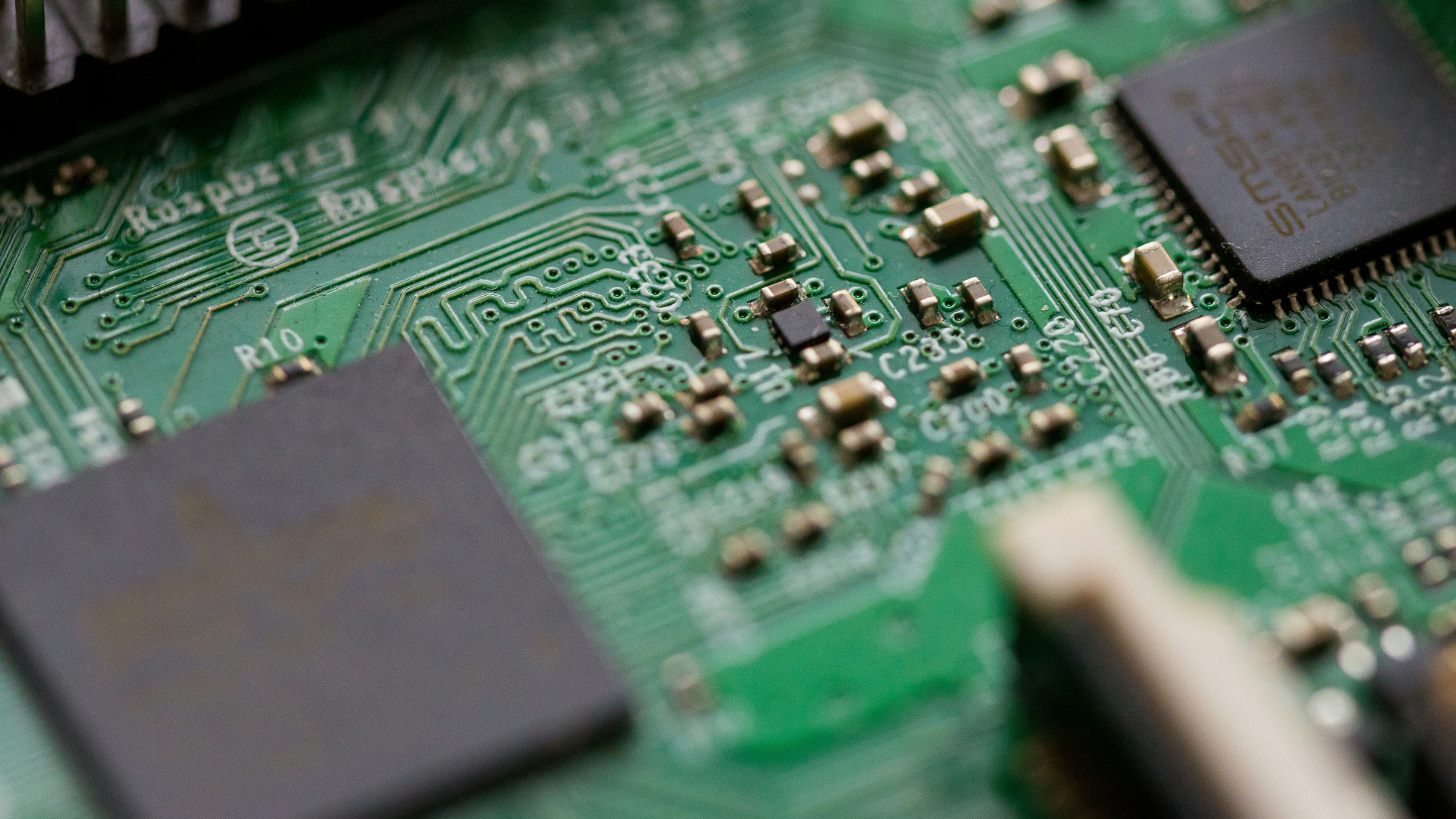Consider this. As a nation of just 10 million people (approximately 8.7 million people currently live in London), Sweden has been the source of real innovation, and disruption for many years. It has brought us Ericsson, Skype, IKEA, H&M, AstraZeneca, Electrolux, Volvo, Spotify, and countless other household names. Not bad eh?
So, when I was invited to Stockholm by IoT entrepreneur and evangelist, Magnus Melander, to come and see a showcase of the latest robotic, AI and IoT technology to come out of Sweden, I jumped at the chance. Magnus and his colleagues set up THINGS three years ago. He essentially took over part of the campus of Stockholm’s leading technology college and used it to incubate international talent developing robotics, AI and IoT technologies. THINGS, much like the whole of Sweden, is at the forefront of digital collaboration. It is filled with talented, technology-obsessed people, from around the world, that Magnus and his team help to build connections, discover new use cases for the technology, attract funding and ultimately find customers.
THINGS focus on helping start-ups build traction with enterprises/corporates. The event brought the two sides together to share best practice. The start-ups were keen to stress the importance of finding meaningful, commercial relationships with customers – the corporates urged the start-ups to constantly challenge thinking, introduce new cultures and entirely new ways of working.
The start-ups comprised, among others:
- Ekkono, who applies machine learning to make connected devices smart. They highlighted an innovative project being run with its customer Alfa Laval to provide predictive maintenance services to its factory equipment
- Imagimob, whose Edge AI software is being integrated into devices to create a range of new use cases, including a smart steering wheel for new cars that was recently unveiled at CES
- Springworks, whose SPARK platform is helping carve a clear role for mobile operators in a two-sided connected car ecosystem, comprising a raft of third party service providers
- Mavenoid, who creates amplified intelligence for intelligent troubleshooting and problem solving
- Inkonova, who creates drones that enable 3D mapping of underground caves, mines and tunnels
- Manomotion, that is developing 3D hand gesture analysis technology (think Tom Cruise in Minority Report)
- H&D Wireless, that is developing asset tracking technology to create smart factories and optimise indoor and outdoor asset positioning
From the enterprise side I heard from, and met representatives from the likes of Volvo, Alfa Laval, Orange, Telia, Tele2, Siemens, Ericsson, Nokia, Husqvarna Group and Assa Abloy.
Prior to the THINGS event, my perspective on AI and IoT has always been from within the mobile industry looking out. This has focused many discussions on IoT connectivity, platforms and security – all the obstacles that need to be tackled before IoT applications can scale and build critical mass. This is all perfectly valid, but it does detract from the cooler side of things – the use cases, the applications, the physical services. I would say however, that to its credit, the GSMA did a great job of showcasing some interesting industrial IoT use cases at Mobile World Congress in Barcelona a few weeks ago. They also had an entire track dedicated to the latest developments in AI.
THINGS is all about displaying the cooler side of IoT. But its members are not dreamers – most have established business models, a range of impressive customers and commercial deployments to speak of. Most are adequately funded and are being led by proven talent too. What most crave are new introductions and new partnerships. It struck me that most technologies I saw could be applied by so many enterprises, in so many verticals, to achieve so many different outcomes. Every new conversation with a new prospect yields a new use case for each start-up. Those that succeed will be those that work hard to form new relationships, but above all place real belief in the value they deliver and don’t give away anything for free. This will often involve tough choices, but as with all businesses, the most effective customer relationships are those that are mutually respectful of the need to turn a profit.
I was extremely impressed by all I saw at THINGS. The global technology industry needs people like Magnus and his team in Stockholm, and the talented techies under his roof. They represent all that is great about Sweden.















